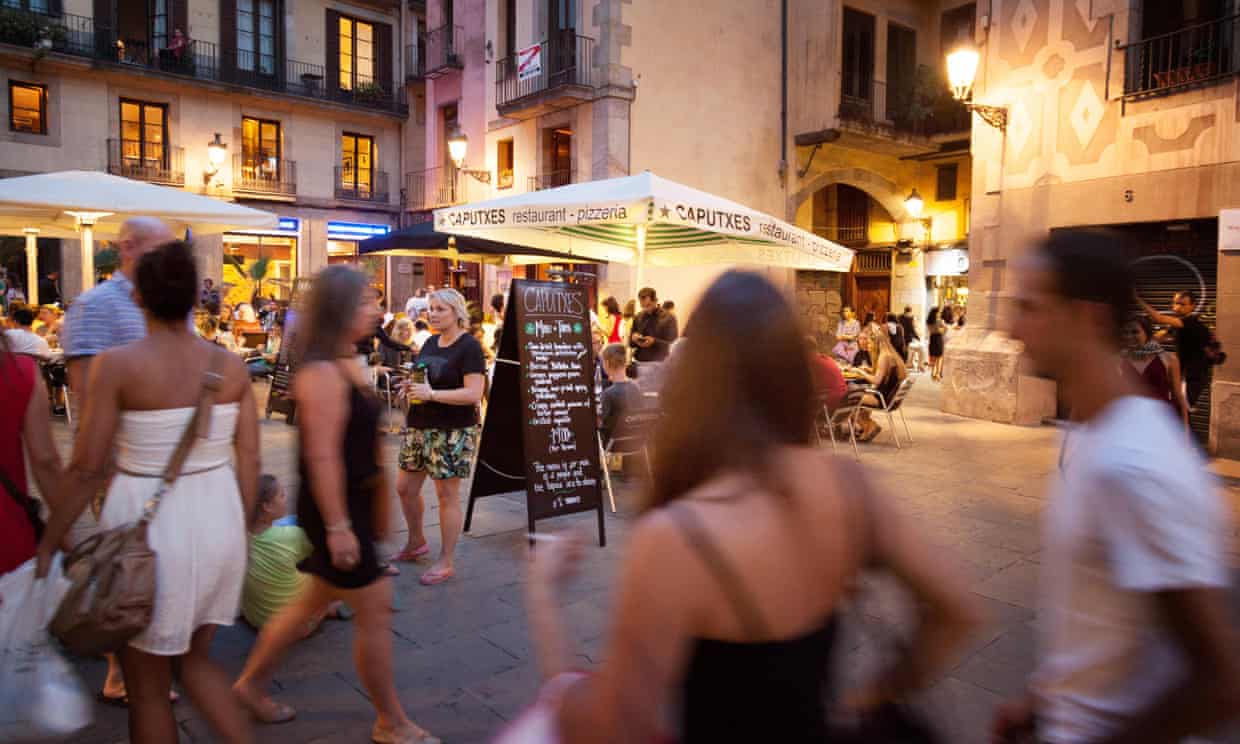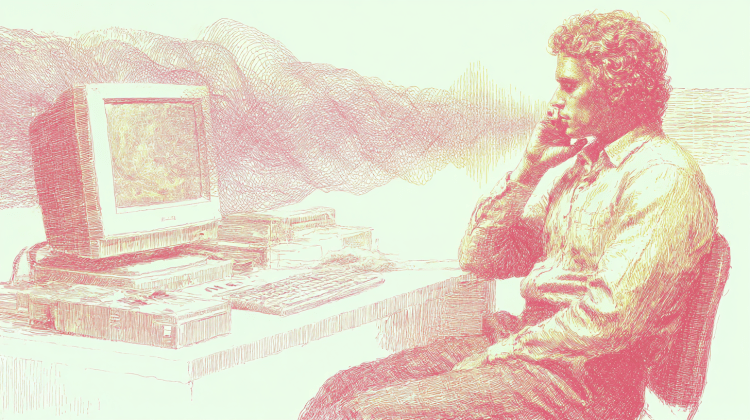Kumar Sriskandan/Alamy
From Madrid to Barcelona, restaurants and bars are brimming with people, and reservations have become essential for everything from fine dining to high-end hotels. It’s a glimpse of how Spain has become Europe’s buzziest economy named the world’s best by the Economist in 2024 fuelled in part by what analysts have described as the government’s strikingly different approach to migration…….Continue reading…..
By: Ashifa Kassam
Source:The Guardian
.
Critics:
According to the World Tourism Organization, a tourism product is: a combination of tangible and intangible elements, such as natural, cultural, and man-made resources, attractions, facilities, services and activities around a specific center of interest which represents the core of the destination marketing mix and creates an overall visitor experience including emotional aspects for the potential customers.
A tourism product is priced and sold through distribution channels and it has a life-cycle”. Tourism product covers a wide variety of services including:
- Accommodation services from low-cost homestays to five-star hotels
- Hospitality services including food and beverage serving centers
- Health care services like massages
- All modes of transport, its booking and rental
- Travel agencies, guided tours and tourist guides
- Cultural services such as religious monuments, museums, and historical places
- Shopping
- Additional travel services like airport parking, airport hotels and travel insurance
International tourism is tourism that crosses national borders. Globalisation has made tourism a popular global leisure activity. The World Tourism Organization defines tourists as people “traveling to and staying in places outside their usual environment for not more than one consecutive year for leisure, business and other purposes”. The World Health Organization (WHO) estimates that up to 500,000 people are in flight at any one time.
In 2010, international tourism reached US$919B, growing 6.5% over 2009, corresponding to an increase in real terms of 4.7%. In 2010, there were over 940 million international tourist arrivals worldwide. By 2016 that number had risen to 1,235 million, producing $1.22 trillion USD in destination spending.
The tourism industry, as part of the service sector, has become an important source of income for many regions and even for entire countries. The Manila Declaration on World Tourism of 1980 recognized its importance as “an activity essential to the life of nations because of its direct effects on the social, cultural, educational, and economic sectors of national societies, and on their international relations.”
Tourism brings large amounts of income into a local economy in the form of payment for goods and services needed by tourists, accounting as of 2011 for 30% of the world’s trade in services, and, as an invisible export, for 6% of overall exports of goods and services. It also generates opportunities for employment in the service sector of the economy associated with tourism. It is also claimed that travel broadens the mind.
The hospitality industries which benefit from tourism include transportation services (such as airlines, cruise ships, transits, trains and taxicabs); lodging (including hotels, hostels, homestays, resorts and renting out rooms); and entertainment venues (such as amusement parks, restaurants, casinos, festivals, shopping malls, music venues, and theatres). This is in addition to goods bought by tourists, including souvenirs.
On the flip-side, tourism can degrade people and sour relationships between host and guest. Tourism frequently also puts additional pressure on the local environment. The economic foundations of tourism are essentially the cultural assets, the cultural property and the nature of the travel location. The World Heritage Sites are particularly worth mentioning today because they are real tourism magnets. But even a country’s current or former form of government can be decisive for tourism.
For example, the fascination of the British royal family brings millions of tourists to Great Britain every year and thus the economy around £550 million a year. The Habsburg family can be mentioned in Central Europe. According to estimates, the Habsburg brand should generate tourism sales of 60 million euros per year for Vienna alone. The tourist principle “Habsburg sells” applies.
The tourism industry, as part of the service sector, has become an important source of income for many regions and even for entire countries. The Manila Declaration on World Tourism of 1980 recognized its importance as “an activity essential to the life of nations because of its direct effects on the social, cultural, educational, and economic sectors of national societies, and on their international relations.”
Tourism brings large amounts of income into a local economy in the form of payment for goods and services needed by tourists, accounting as of 2011 for 30% of the world’s trade in services, and, as an invisible export, for 6% of overall exports of goods and services. It also generates opportunities for employment in the service sector of the economy associated with tourism. It is also claimed that travel broadens the mind.
The hospitality industries which benefit from tourism include transportation services (such as airlines, cruise ships, transits, trains and taxicabs); lodging (including hotels, hostels, homestays, resorts and renting out rooms); and entertainment venues (such as amusement parks, restaurants, casinos, festivals, shopping malls, music venues, and theatres). This is in addition to goods bought by tourists, including souvenirs.
On the flip-side, tourism can degrade people and sour relationships between host and guest. Tourism frequently also puts additional pressure on the local environment. The economic foundations of tourism are essentially the cultural assets, the cultural property and the nature of the travel location. The World Heritage Sites are particularly worth mentioning today because they are real tourism magnets. But even a country’s current or former form of government can be decisive for tourism.
For example, the fascination of the British royal family brings millions of tourists to Great Britain every year and thus the economy around £550 million a year. The Habsburg family can be mentioned in Central Europe. According to estimates, the Habsburg brand should generate tourism sales of 60 million euros per year for Vienna alone. The tourist principle “Habsburg sells” applies.






Leave a Reply